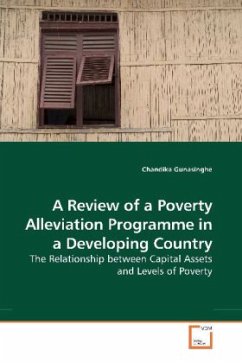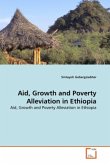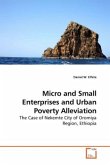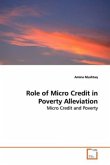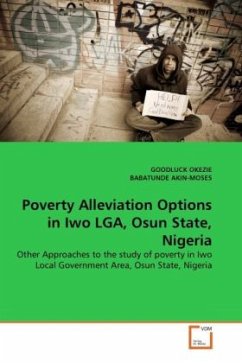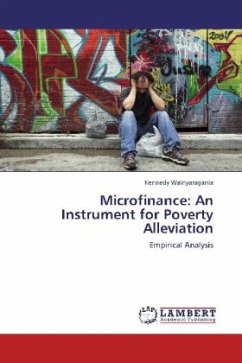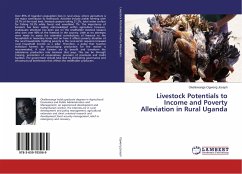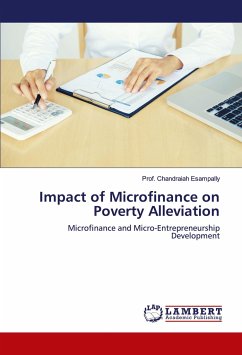Throughout the last fifty years of development arena, many attempts have been taken by many countries of the world to fight against poverty. However, it seems that the problem remains unchanged although hundreds of thousands programmes directed to poverty alleviation were implemented over the last several decades. This is mainly due to the poor attention on the need to address root causes of the problem. This book sheds new light on finding a best way to get out of poverty by examining the national poverty alleviation programme (Samurdhi (Prosperity) Development Programme-SDP) currently operating in Sri Lanka. The study employs both quantitative and qualitative methods to test four hypotheses related to the contribution of the SDP to poverty alleviation based on a case study of the Ratnapura district, Sri Lanka. Empirical evidences revealed that it is imperative for a poverty alleviation programme to design strategies which build assets base of households in order to help them get out of poverty and to implement these strategies with development motives rather than with political motives.

